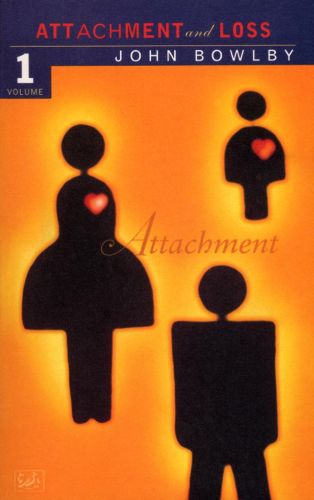Readings Newsletter
Become a Readings Member to make your shopping experience even easier.
Sign in or sign up for free!
You’re not far away from qualifying for FREE standard shipping within Australia
You’ve qualified for FREE standard shipping within Australia
The cart is loading…






‘The publication of ATTACHMENT AND LOSS will prove a turning-point in the history of psychoanalysis and psychology generally. ’ THE TIMES LITERARY SUPPLEMENT In this classic work of psychology John Bowlby examines the processes that take place in attachment and separation. He makes clear that human attachment is an instinctive response to the need for protection against predators, and one as important for survival as nutrition and reproduction. ‘It is difficult to exaggerate the importance of Dr Bowlby’s work… In practical terms, his ideas have modified and will continue to influence the rearing of children and the treatment of those who are disturbed. In theoretical terms, his contributions have given psychoanalysis is a shot in the arm and a biological perspective that was sadly lacking. ’ Anthony Storr, SUNDAY TIMES
$9.00 standard shipping within Australia
FREE standard shipping within Australia for orders over $100.00
Express & International shipping calculated at checkout
‘The publication of ATTACHMENT AND LOSS will prove a turning-point in the history of psychoanalysis and psychology generally. ’ THE TIMES LITERARY SUPPLEMENT In this classic work of psychology John Bowlby examines the processes that take place in attachment and separation. He makes clear that human attachment is an instinctive response to the need for protection against predators, and one as important for survival as nutrition and reproduction. ‘It is difficult to exaggerate the importance of Dr Bowlby’s work… In practical terms, his ideas have modified and will continue to influence the rearing of children and the treatment of those who are disturbed. In theoretical terms, his contributions have given psychoanalysis is a shot in the arm and a biological perspective that was sadly lacking. ’ Anthony Storr, SUNDAY TIMES